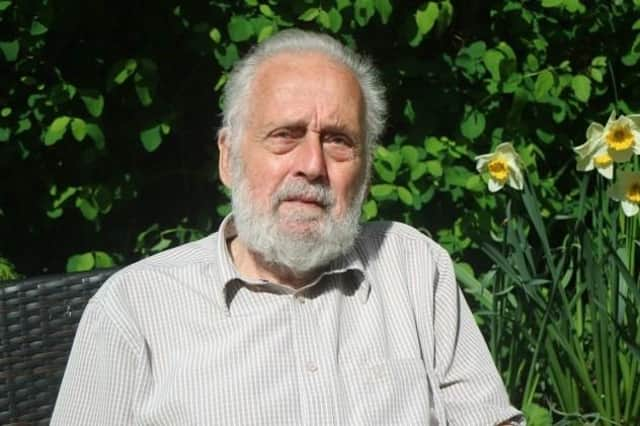Buxton Local History Society’s talk on canals to railways


Trevor Gilman will deliver the first talk of the year - From Canals to Railways, 60 years of progress, 1790-1850 - on Wednesday, January 17 at Trinity Church Hardwick Mount in Buxton.
Trevor said: “200 years ago the country was in the middle of the greatest social upheaval people had ever witnessed.
Advertisement
Hide AdAdvertisement
Hide Ad“The Industrial Revolution saw new towns and cities expanding rapidly. New industries were being created and with them a new class of wealthy industrialists.
“The key to all of this was transport.”
Mills and factories needed a constant supply of raw materials, and finished goods had to be delivered to customers all over the country.
In the 1790s the drive was to build a network of canals in a period that became known as the decade of canal mania.
Trevor said: “There was an urgent need to connect Manchester with the Derwent Valley and East Midlands through the Peak District.
Advertisement
Hide Ad“It was quickly realised that canals were not suited to hilly country.
Advertisement
Hide Ad"Also, the underlying rock was mostly porous limestone making it almost impossible to find and store water for a canal.
"Canals were going to be very expensive to build and operate.
“Early railways, known as wagonways,tramways and railroads were unreliable and restricted in use to collieries and harbours. It took many years of experiment and trials to prove their value,but the result was the decade of railway mania in the 1840s and the demise of canals.”